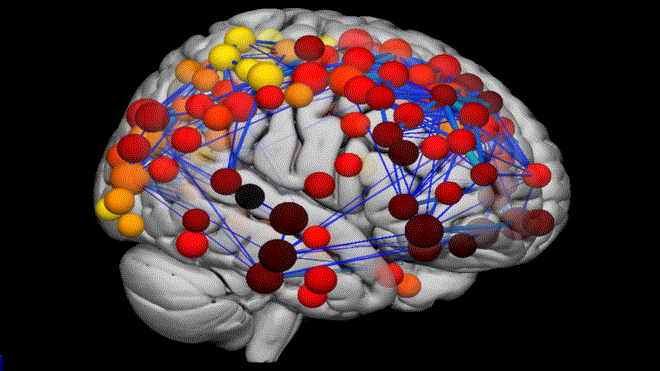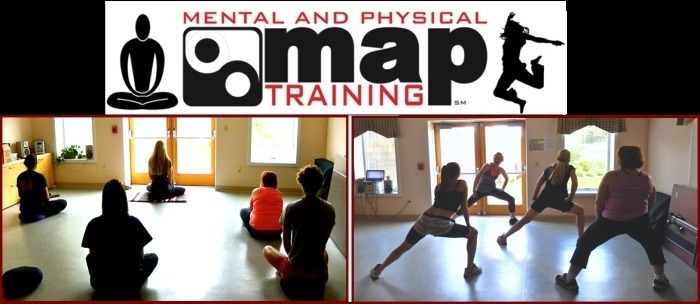Posts Tagged ‘psychiatry’
October 6–7th in Stanford University: Virtual Reality and Behavior Change in Psychiatry and Behavioral Health
Quick heads-up about a timely conference taking place late next week. What: This year the conference is completely devoted to virtual and augmented reality (VR/AR) technologies and behavioral change, exploring the application of immersive technologies for treating and researching addictions, ADHD, anxiety, PTSD, psychosis, pain, depression, psychosomatic illness and more. Where: Li Ka Shing Center for Learning…
Read MoreStudies reinforce the critical importance of ADHD treatment monitoring
__________ As the new school year approaches, let me highlight the essential value of ADHD treatment monitoring. Even when a child’s treatment has been going well, response to treatment can change over time. This is true for medication treatment, or any other treatment a child is receiving. By regularly monitoring how a child is doing…
Read MoreStudy: For good and bad, TV ads promote higher prescribing volume of psychiatric medications
How Are Direct-to-Consumer-Advertisements Changing Psychiatric Drug Use? (The Dana Foundation): “Flip on your television to a commercial station and you are likely to see ads for cars, snacks, and home appliances—and prescription medications. Some ads specifically target psychiatric illnesses
Read MoreBrain scan study finds links between adolescent brain development and mental health disorders
Scans reveal how teenage brain develops (BBC News): “The team from Cambridge’s department of psychiatry scanned the brains of 300 people between the ages of 14 and 24. While the areas associated with the basic functioning of the body such as vision, hearing and movement are fully developed by adolescence, the areas associated with complex thought…
Read MoreIs Mental Health ready to start transitioning towards measurable brain circuits, away from subjective symptoms?
To Diagnose Mental Illness, Read the Brain (Scientific American): Although scientists have learned a lot about the brain in the last few decades, approaches to treating mental illnesses have not kept up. As neuroscientists learn more about brain circuits, Stanford psychiatrist Amit Etkin foresees a time when diagnoses will be based on brain scans rather…
Read MoreStudy: Combining aerobic and mental training can significantly improve mental and cognitive health
(Editor’s Note: Hat tip to co-author Tj Shors for bringing this fascinating new study to our attention) “It is widely accepted that aerobic exercise and meditation training are useful behavioral therapies for remediating clinical symptoms of depression. However, no study to date has assessed the combined effects of the two behavioral interventions. Here, we present data indicating that
Read More





